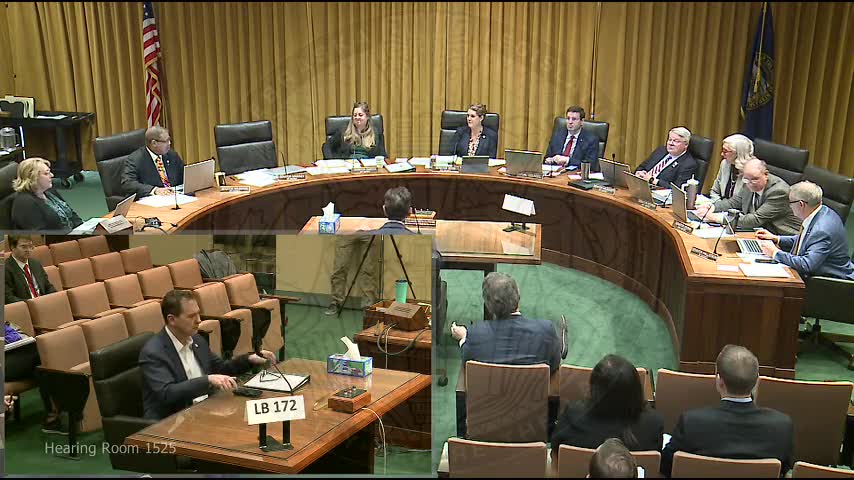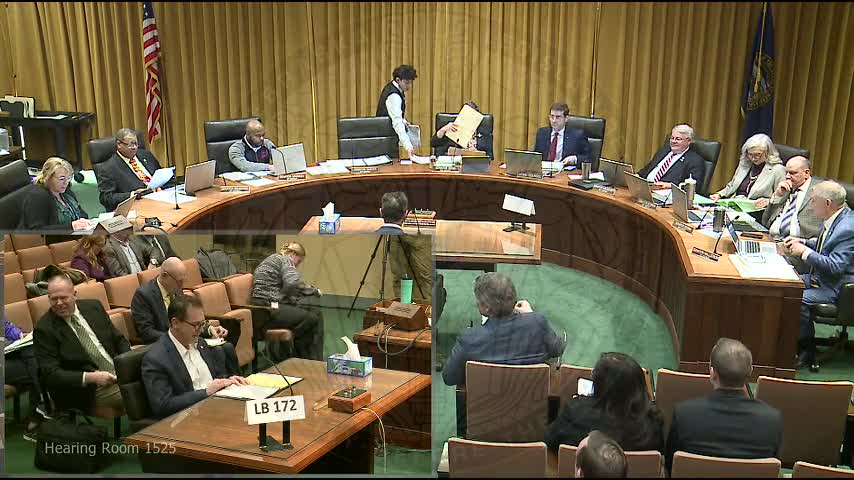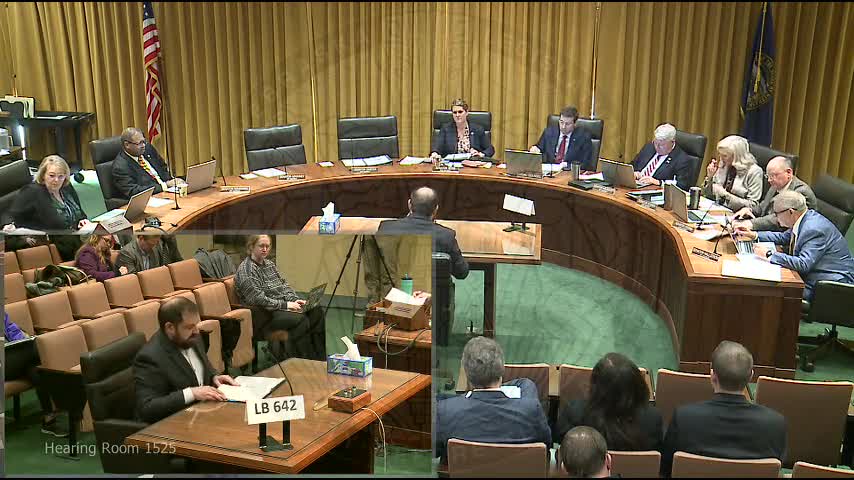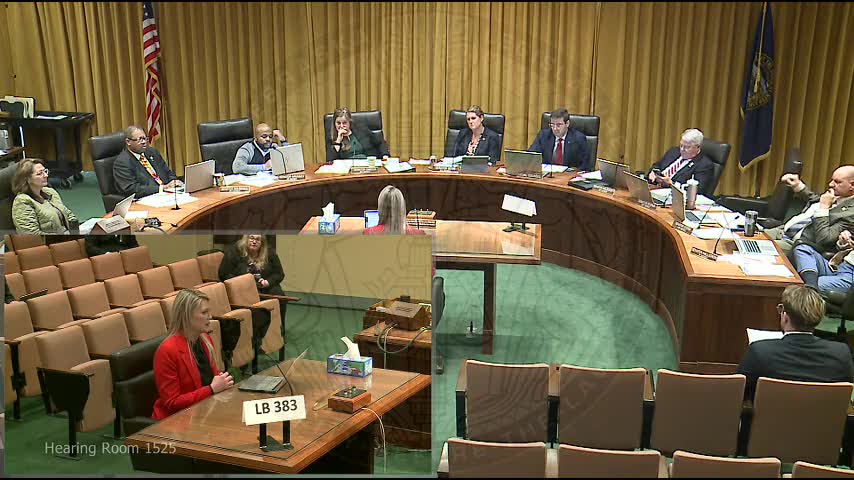Article not found
This article is no longer available. But don't worry—we've gathered other articles that discuss the same topic.

Senate committee weighs LB383, a parental‑consent and age‑verification bill for social media

Committee hears LB172: sponsors, law enforcement and advocacy groups back expanding CSAM law to cover deepfakes and AI‑generated images

Nebraska Judiciary Committee hears debate on AI consumer protection bill LB642

